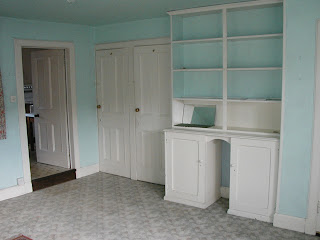

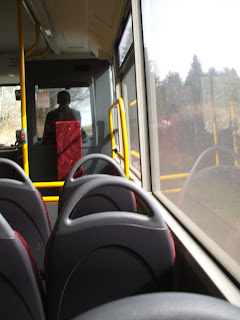 Saturday went pretty well. It wasn't as sombre an occasion as I thought it might be. Most of the interior photographs here are from a disc that the couple who live there now gave me, of photos they took before renovating. The rest of the photos aren't in any particular order, but the sketchbook pages are, and it is those where I have written down my thoughts on the trip, so I shan't say much here now.
Saturday went pretty well. It wasn't as sombre an occasion as I thought it might be. Most of the interior photographs here are from a disc that the couple who live there now gave me, of photos they took before renovating. The rest of the photos aren't in any particular order, but the sketchbook pages are, and it is those where I have written down my thoughts on the trip, so I shan't say much here now.


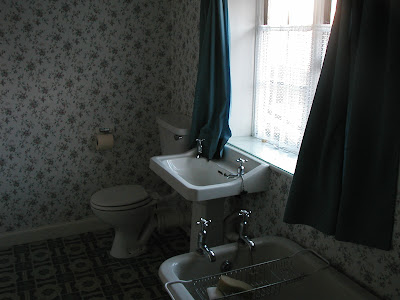

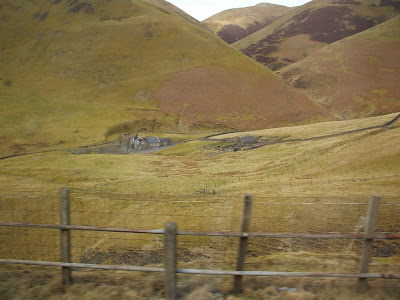



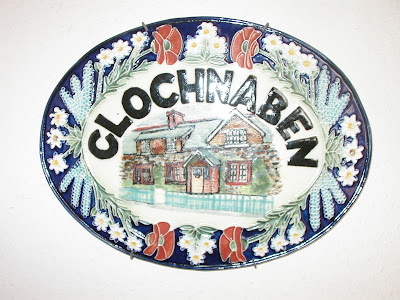
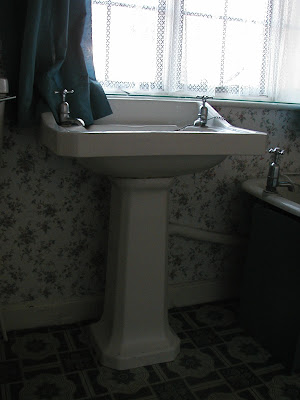







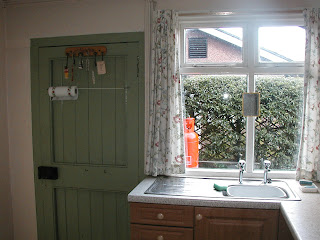





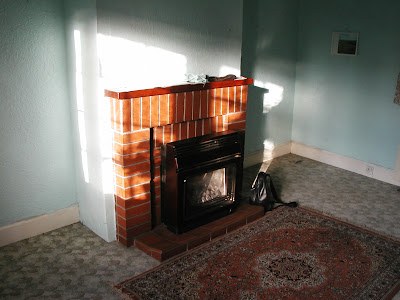
Just stumbled across this. The 'memory tourism' is particularly fascinating to me, as a lot of what I'm thinking and writing about for my degree at the moment is to do with the idea of literary texts depicting the city as an imagined environment. Cities exist physically, yes, but are also overlayed with memory, association, the ghosts that haunt us as we walk down familiar streets and tread the well-known carpet of old rooms. We live in cities imaginatively, embellishing the buildings with the psychic architecture of our minds.
ReplyDeleteAnd it reminded me of something I read somewhere once:
"But the most interesting thing was what Rick Prelinger said about image archives in general. He sees image archives becoming much more complex in the future with geo-tags. A model that agrigates newly acquired images with slowly acquired archival images. Geo-tags, he says, could tag "not just where it was shot but what it sees: you might have tags like location, altitude, angle of viewing, range... and knitting tags and images together is one tiny incrimental step towards the creation of what you could call a four-dimensional model of the world that shows the development of place over time."
This makes me think of a hyperreal, virtual simulacrum mapped over the real world using internet networks and 3D mapping software. If geo-tags become more and more detailed and all relevant images and videos could be searched and added to the model, including archived images, CCTV cameras, more complex versions of google street-view, personal photos and videos from handheld devices either archived or streaming live over the internet... imagine what kind of environment you could navigate through, rewind and remake? The archival footage aspect is really interesting because we could get a sense of the history in our own local neighbourhoods, watching buildings rise and fall and the landscape change before our eyes. It could really give people more of a sense of their place in history.
It also makes me think of that scene in Bladerunner when Decker analyses a crime scene photo with a machine that can track around the room in the photo as if in a 3D space. I can imagine some future historian as a lonely, introspective detective drinking by themselves and getting lost in their own photo albums, searching through their own personal histories looking for the ever-elusive threads that connected events and people in their lives, searching through all the geotag links to see all the parallel lives that surrounded any one moment captured in time."